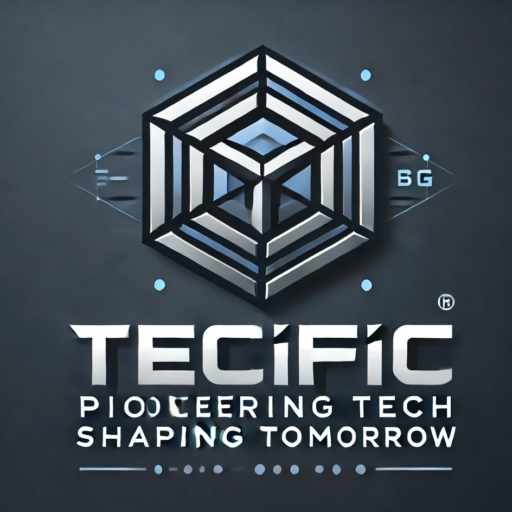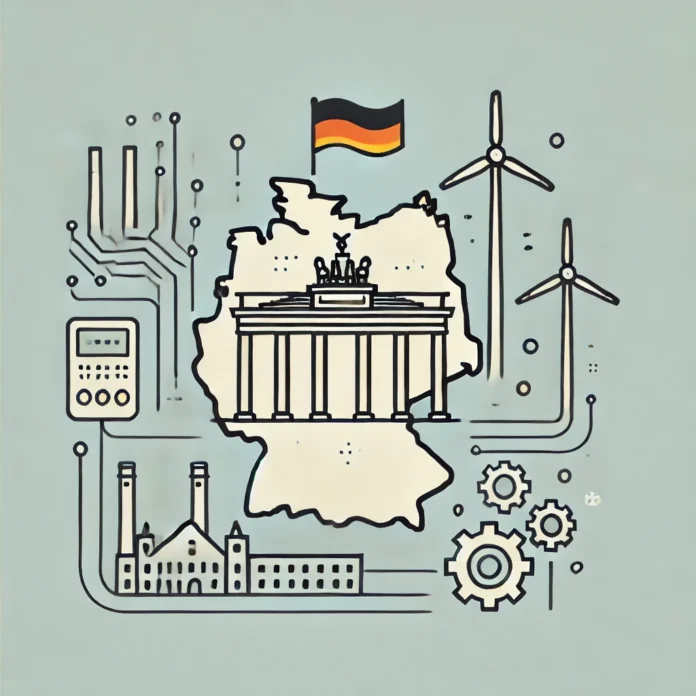Germany, renowned for its robust engineering, innovative industrial practices, and forward-thinking policies, stands as one of the most advanced nations in terms of technology and industrial prowess. However, how does it fare in the rapidly evolving tech competition on a global scale? This article delves into Germany’s technological landscape, its most advanced companies, organizational framework, and whether the country is leading or lagging in the tech race.
Germany’s Organizational Framework: A Catalyst for Innovation
Germany’s organizational framework is characterized by a unique combination of federal policies, industry associations, and collaborative ecosystems. The government actively supports innovation through programs like Industrie 4.0, which focuses on digitalizing manufacturing processes, and the High-Tech Strategy 2025, aimed at enhancing technological advancements across various sectors.
Key features of Germany’s organizational framework include:
- Public-Private Partnerships (PPPs): Collaboration between government bodies and private enterprises fosters innovation. Institutions like the Fraunhofer Society and Max Planck Institutes bridge academic research with industrial applications.
- Strong SME Sector (Mittelstand): Germany’s economy thrives on its small and medium-sized enterprises (SMEs), many of which are hidden champions in niche markets. These companies are highly specialized, innovative, and export-oriented.
- Regulatory Support: Germany’s federal government ensures a stable regulatory environment, offering subsidies and tax incentives for R&D investments.
Germany’s Competitive Position in the Global Tech Race
Germany excels in industries such as automotive, robotics, industrial automation, and renewable energy. However, the country has faced criticism for lagging behind in sectors like consumer technology, software development, and artificial intelligence (AI) compared to tech giants like the US and China.
Key Areas of Leadership:
- Automotive Technology: Germany’s Volkswagen, BMW, and Daimler are leaders in electric vehicles (EVs) and autonomous driving technology.
- Industrial Automation: Companies like Siemens and Bosch are at the forefront of smart manufacturing and IoT solutions.
- Green Technology: Enercon and Nordex lead in wind energy technology, while BASF pioneers in chemical innovations for sustainability.
Areas Where Germany Lags:
- Consumer Technology: Unlike the US with Apple and Google, or China with Huawei and Tencent, Germany lacks a globally dominant consumer tech company.
- AI and Software Development: Germany’s AI sector is growing, but it has not yet reached the level of innovation seen in Silicon Valley or China’s tech hubs.
Top Tech Companies in Germany
Here’s a look at some of the most advanced German tech companies that are shaping the country’s technological landscape:
- SAP SE
SAP is one of the world’s leading enterprise software companies, providing solutions for business operations and customer relations. It plays a pivotal role in digital transformation for organizations worldwide. - Siemens AG
A leader in industrial automation, Siemens is at the forefront of technologies like IoT, smart grids, and healthcare innovations. - Bosch
Known for its advancements in industrial technology, Bosch is a key player in IoT, AI, and sustainable mobility solutions. - Infineon Technologies
This semiconductor manufacturer is a global leader in power systems, automotive electronics, and cybersecurity solutions. - Delivery Hero
Although relatively new, Delivery Hero has made a significant impact in the food delivery tech space, competing with global giants like Uber Eats.
Germany’s Role in Shaping the Future
Germany’s industrial might and strategic focus on sustainability position it as a formidable player in the global tech race. However, to maintain its competitive edge, Germany needs to:
- Invest more in AI and machine learning.
- Support startup ecosystems in consumer tech.
- Foster international collaborations in emerging fields like quantum computing and biotech.
Conclusion
Germany remains a powerhouse in industrial technology and innovation. While it lags behind in certain areas, its strong organizational framework and focus on sustainability provide a solid foundation for growth. The country’s ability to adapt and invest in cutting-edge technologies will determine its role in the future of the global tech race.
References
- Federal Ministry for Economic Affairs and Climate Action (2024). High-Tech Strategy 2025.
- German Trade & Invest (GTAI). Industrie 4.0 and Digital Transformation.
- Siemens AG Official Website. Innovations in Industrial Automation.
- SAP SE Official Website. Enterprise Software Solutions.
- Infineon Technologies. Power Systems and Cybersecurity Innovations.
Published on Tecific.com, your go-to source for the latest tech insights.




